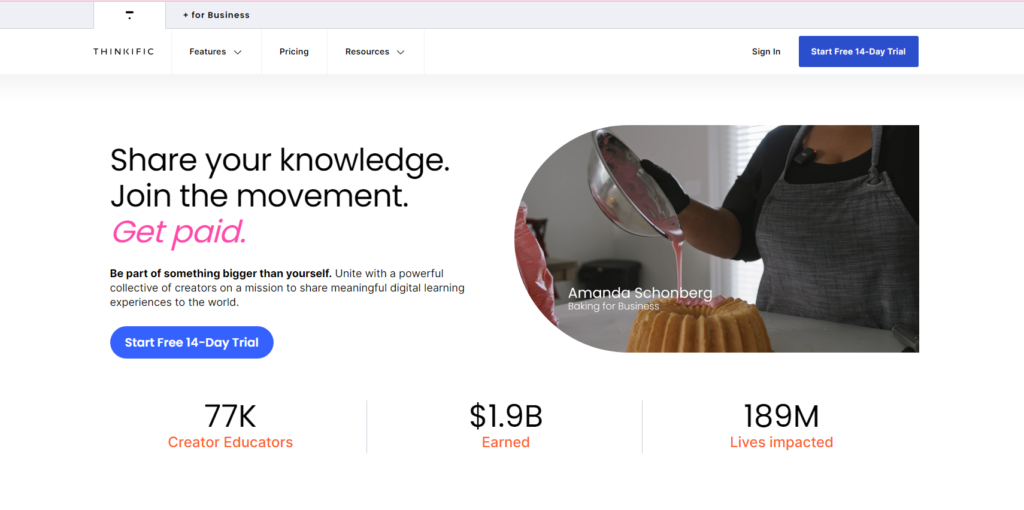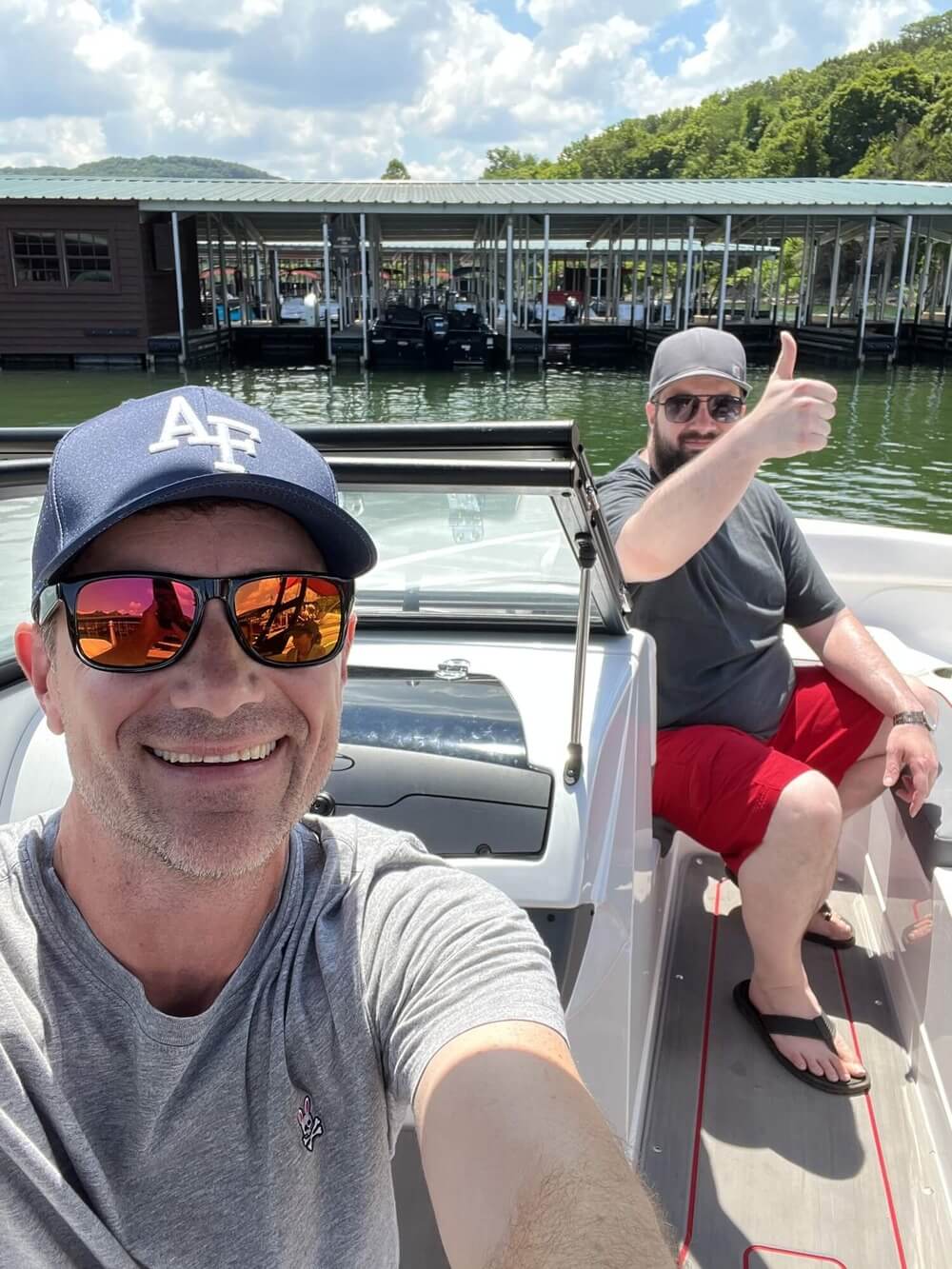
You’re a sought-after expert in your field, sharing your knowledge and experience to help others achieve their goals. You’re not just offering advice; you’re guiding them on a transformative journey, leading them to breakthroughs they never thought possible. This is the power of a high-ticket coaching program.
But building a program that attracts clients and generates significant revenue isn’t a walk in the park. It requires a strategic approach, a deep understanding of your target audience, and the ability to craft an irresistible offer. This article will equip you with the knowledge and actionable steps to build a high-ticket coaching program that sells.
TL;DR
- Define your niche: Identify your target audience and the specific problem you solve.
- Craft an irresistible offer: Create a high-value program that addresses your client’s pain points and delivers tangible results.
- Build your authority: Establish yourself as a trusted expert in your field.
- Market your program strategically: Reach your ideal clients through targeted marketing channels.
- Create a seamless sales process: Make it easy for potential clients to enroll in your program.
Building Your High-Ticket Coaching Program
Welcome to the world of high-ticket coaching, where dreams meet dollar signs! If you’ve ever thought about transforming your expertise into a lucrative coaching program, you’re in the right place.
But before you dive headfirst into this ocean of opportunity, there are a few things you need to consider. Building a high-ticket coaching program is not just about slapping a price tag on your services and calling it a day. Oh no! It requires strategy, planning, and a sprinkle of charisma.
“The secret to getting ahead is getting started.” — Mark Twain
1. Define Your Niche
The first step to building a successful high-ticket coaching program is to define your niche. This means identifying your target audience and the specific problem you solve.
Think about these questions:
- Who are your ideal clients? What are their demographics, pain points, and aspirations?
- What unique problem do you solve? What expertise and experience do you bring to the table?
- What are your client’s desired outcomes? What results do they want to achieve?
For example, let’s say you’re a certified life coach. You could niche down to working with entrepreneurs who are struggling with work-life balance. You’d then focus on creating a program that helps them achieve a better balance between their personal and professional lives.
2. Craft an Irresistible Offer
Once you’ve defined your niche, it’s time to craft an irresistible offer. This means creating a high-value program that addresses your client’s pain points and delivers tangible results.
Here are some key elements to consider:
- Value-packed content: Your program should be packed with valuable information, resources, and tools that your clients can use to achieve their goals.
- Personalized support: Offer individual coaching sessions, group calls, or a dedicated online community to provide personalized support and guidance.
- Clear results: Define the specific outcomes your clients can expect to achieve by completing your program.
- Limited-time offer: Create a sense of urgency by offering a limited-time discount or bonus.
Think about your offer from your client’s perspective:
- What are their biggest challenges?
- What are they willing to pay for?
- What kind of results are they looking for?
For example, your life coaching program for entrepreneurs could include:
- Weekly group coaching calls: To provide accountability and support.
- Personalized action plans: To help clients implement the strategies learned in the program.
- Access to a private online community: To connect with other entrepreneurs and share experiences.
- A 30-day money-back guarantee: To minimize risk for potential clients.
3. Build Your Authority
To attract clients to your high-ticket coaching program, you need to establish yourself as a trusted expert in your field.
Here are some strategies to build your authority:
- Create valuable content: Share your expertise through blog posts, articles, videos, podcasts, or social media posts.
- Speak at events: Present at conferences, webinars, or workshops to showcase your knowledge and experience.
- Get featured in media: Seek out opportunities to be interviewed or quoted in articles, podcasts, or videos.
- Build a strong online presence: Create a website, blog, and social media profiles that highlight your expertise.
Remember, building authority takes time and effort. Be patient and consistent in your efforts.
4. Market Your Program Strategically
Once you’ve built your authority, it’s time to market your program strategically. This means reaching your ideal clients through targeted marketing channels.
Here are some effective marketing strategies:
- Content marketing: Create valuable content that attracts your ideal clients and positions you as an expert.
- Social media marketing: Leverage social media platforms to connect with your target audience and promote your program.
- Email marketing: Build an email list and use it to nurture leads and promote your program.
- Paid advertising: Consider using paid advertising platforms like Google Ads or Facebook Ads to reach a wider audience.
It’s important to track your marketing efforts to see what’s working and what’s not. Adjust your strategies accordingly.
5. Create a Seamless Sales Process:
The final step to building a high-ticket coaching program that sells is to create a seamless sales process. This means making it easy for potential clients to enroll in your program.
Here are some tips for creating a smooth sales process:
- Offer a clear and concise sales page: Highlight the benefits of your program and make it easy for potential clients to understand what they’re getting.
- Provide testimonials and case studies: Showcase the success of your past clients to build trust and credibility.
- Offer a free consultation or trial: Give potential clients a chance to experience your coaching style and learn more about your program.
- Make it easy to enroll: Provide clear instructions and multiple payment options.
Remember, the goal is to make the enrollment process as smooth and frictionless as possible.
“The only way to do great work is to love what you do.” – Steve Jobs
This quote rings true for building a successful coaching program. You need to be passionate about your expertise and genuinely care about helping others. When you’re passionate about what you do, it shows in your work and attracts clients who resonate with your energy and enthusiasm.
Tools and Examples

- Online Course Platforms: Thinkific, Teachable, Kajabi, Podia. These platforms allow you to create and sell online courses, including coaching programs.
- Email Marketing Platforms: Mailchimp, ConvertKit, ActiveCampaign. These platforms help you build an email list and automate your marketing efforts.
- Social Media Scheduling Tools: Hootsuite, Buffer, SproutSocial. These tools allow you to schedule your social media posts in advance, saving you time and ensuring consistency.
- CRM Software: Salesforce, HubSpot, Zoho CRM. These platforms help you manage your client relationships and track your sales progress.
Actionable Steps
- Identify your ideal client: Who are they, what are their pain points, and what are their goals?
- Define your unique value proposition: What problem do you solve, and how are you different from other coaches?
- Craft a compelling offer: What are the key elements of your program, and what results can clients expect?
- Build your authority: Create valuable content, speak at events, and get featured in media.
- Market your program strategically: Use content marketing, social media marketing, email marketing, and paid advertising.
- Create a seamless sales process: Make it easy for potential clients to enroll in your program.
Common Mistakes to Avoid
Building a successful high-ticket coaching program requires careful attention to detail and avoiding common pitfalls. One of the most critical mistakes is failing to define your niche. Trying to appeal to everyone will result in reaching no one. To overcome this, conduct thorough market research, create a detailed buyer persona, and consider testing different niches before settling on one.
Another common mistake is not creating a high-value offer. Your program needs to be worth the price tag. Ensure your program delivers tangible results, includes bonus materials, provides personalized support, and even considers offering a money-back guarantee to minimize risk for potential clients.
Building authority is essential for attracting clients and building trust. Consistently create valuable content, get featured in media, speak at events, and build a strong online presence to establish yourself as an expert in your field.
Strategically marketing your program means reaching your ideal clients where they are. Identify their online behavior, use targeted marketing channels, develop compelling marketing materials, and track your efforts to see what’s working and what’s not. Adjust your strategies accordingly.
Finally, a seamless sales process makes enrollment easy. Create a clear and concise sales page, provide testimonials and case studies, offer a free consultation or trial, and make the enrollment process simple.
By addressing these common mistakes, you’ll increase your chances of creating a successful program that attracts clients and generates significant revenue. Remember, building a high-ticket coaching program is a process that requires ongoing effort and adaptation.
Frequently Asked Questions:
Q: How do I get started with building a high-ticket coaching program?
A: Start by defining your niche and crafting a compelling offer. Then, focus on building your authority and marketing your program strategically.
Q: What are the most important elements of a high-ticket coaching program?
A: Value-packed content, personalized support, clear results, and a limited-time offer.
Q: How do I price my coaching program?
A: Consider the value you provide, the time you invest, and the market rate for similar programs.
Q: How do I find clients for my coaching program?
A: Use content marketing, social media marketing, email marketing, and paid advertising to reach your ideal clients.
Q: What are some common mistakes to avoid when building a coaching program?
A: Not defining your niche, not creating a high-value offer, not building your authority, not marketing your program strategically, and not creating a seamless sales process.
Q: How do I know if my coaching program is successful?
A: Track your key metrics, such as enrollment rates, client satisfaction, and revenue generated.
Q: What are some resources for learning more about building a coaching program?
A: The International Coaching Federation, the Association for Talent Development, and online courses and books on coaching.
Q: How do I stay motivated and inspired as a coach?
A: Remember why you started coaching in the first place and focus on the positive impact you’re making on your clients’ lives.
Q: What are some tips for creating a successful coaching program?
A: Define your niche, craft an irresistible offer, build your authority, market your program strategically, and create a seamless sales process.
Q: What are some tools that can help me build a coaching program?
A: Online course platforms, email marketing platforms, social media scheduling tools, and CRM software.
Unlocking Your Coaching Potential
Building a high-ticket coaching program that sells is a journey that requires dedication, strategy, and a genuine passion for helping others. By following the steps outlined in this article, you can position yourself as a trusted expert, attract your ideal clients, and create a program that delivers transformative results.
Remember, the key to success lies in providing immense value, building strong relationships, and consistently delivering on your promises. Don’t be afraid to charge what you’re worth and believe in the power of your expertise.
Get started today by taking the first step: Define your niche, craft your irresistible offer, and begin building your authority. The world needs your knowledge and guidance!
Thank you for joining us! We hope this article has provided you with valuable insights and actionable strategies to build a successful high-ticket coaching program. Be sure to check out the Rhodes Brothers YouTube Channel for the latest videos and information to help you succeed.
One crucial aspect of building a successful coaching program is understanding the financial mindset of your ideal clients. A great video to watch on this topic is “The One Money Skill The Rich Always Use” . This video dives into the importance of compound interest and how it can be a powerful tool for wealth creation.
For More Free Videos, Subscribe to the Rhodes Brothers YouTube Channel.
By understanding your clients’ financial goals and aspirations, you can tailor your coaching program to help them achieve their financial dreams. This will make your program even more valuable and appealing to your target audience.
Resource List
Books:
- “The Coaching Habit” by Michael Bungay Stanier: A practical guide to coaching skills and techniques.
- “The 7 Habits of Highly Effective People” by Stephen Covey: A timeless classic on personal effectiveness and leadership.
- “Daring Greatly” by Brené Brown: A powerful exploration of vulnerability, courage, and authenticity.
- “The Power of Now” by Eckhart Tolle: A spiritual guide to living in the present moment.
- “Think and Grow Rich” by Napoleon Hill: A classic on the principles of success and wealth creation.
Podcasts:
- “The School of Greatness” by Lewis Howes: Interviews with successful entrepreneurs, athletes, and artists.
- “The Coaches Podcast” by The Coaching Institute: Interviews with leading coaches and experts.
- “The Mindset Mentor” by Rob Dial: A podcast on mindset, motivation, and personal growth.
Tools:
- Thinkific: An online course platform for creating and selling online courses.
- Teachable: Another popular online course platform with a user-friendly interface.
- Kajabi: A comprehensive platform for building and managing your online business.
- Podia: A platform for creating and selling online courses, memberships, and digital downloads.
- Mailchimp: An email marketing platform for building an email list and automating your marketing efforts.
- ConvertKit: Another popular email marketing platform with a focus on email automation.
- ActiveCampaign: A powerful email marketing platform with advanced features for segmentation and personalization.
- Hootsuite: A social media scheduling tool for planning and managing your social media posts.
- Buffer: Another popular social media scheduling tool with a simple and intuitive interface.
- SproutSocial: A comprehensive social media management platform with advanced analytics and reporting features.
- Salesforce: A leading CRM platform for managing your customer relationships and sales pipeline.
- HubSpot: A popular CRM platform with a focus on marketing automation and sales enablement.
- Zoho CRM: A cloud-based CRM platform with a wide range of features for managing your customer data.
Building a High-Ticket Coaching Program That Sells Cheat Sheet:
- Define your niche: Identify your target audience and the specific problem you solve.
- Craft an irresistible offer: Create a high-value program that addresses your client’s pain points and delivers tangible results.
- Build your authority: Establish yourself as a trusted expert in your field.
- Market your program strategically: Reach your ideal clients through targeted marketing channels.
- Create a seamless sales process: Make it easy for potential clients to enroll in your program.
- Leverage your expertise: Be passionate about your field and genuinely care about helping others.
- Use the right tools: Online course platforms, email marketing platforms, social media scheduling tools, and CRM software.
- Avoid common mistakes: Not defining your niche, not creating a high-value offer, not building your authority, not marketing your program strategically, and not creating a seamless sales process.
- Track your progress: Monitor your key metrics, such as enrollment rates, client satisfaction, and revenue generated.
- Stay up-to-date: Attend conferences, read industry publications, and connect with other coaches.






